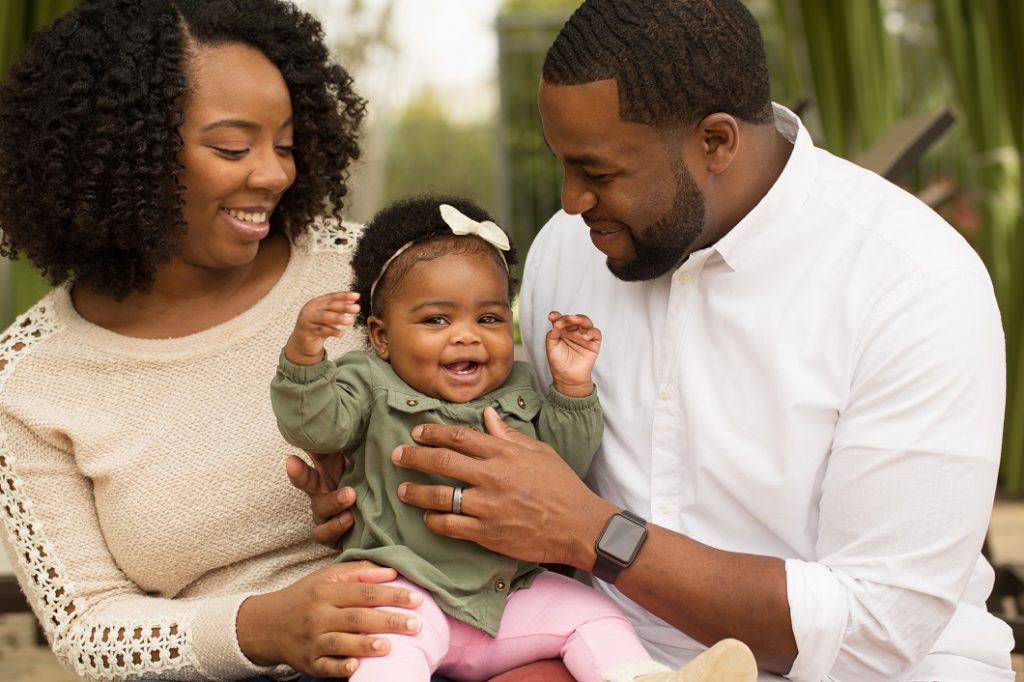At birth, your baby’s organs – the heart, lungs, kidneys are fully developed but smaller than an adult’s organs. All except one – the brain.
Each time your baby uses one of his senses – seeing, tasting, touching, hearing, and smelling – a connection or path is made. When your child has different kinds of experiences, and these experiences are repeated over and over again, the connections in the brain become stronger. These connections shape the way your child’s thinks, feels, behaves, and learn.
By about age three, the brain has made many more connections than it will ever need. Just as you might cut back the branches from a tree so that the roots grow stronger, the brain gets rid of the connections that are rarely used. The brain keeps only the important connections.
Scientists tell us that there are times when certain parts of the brain can learn new information more easily than other times. They call these times Windows of
Opportunity.
Some of these windows open and then close during the first few years of life. For example, the connections for sight must be made in the first three or four months. If they are not made during this time, they are lost forever. This means the child will NEVER be able to see.
Other windows may remain open longer, but learning is easier at certain times. Scientists call these SENSITIVE periods. For example, the first five years are the prime time for learning language. This does not mean that children will learn all there is to know about language by age five. Learning continues to take place throughout life. Although it takes 15-20 years for your child’s brain
to fully grow and develop, some things are just easier to learn at certain times than others.
There are many ways to “feed” your child’s brain! When you talk or read to your child, play or sing with him, touch him, and nourish him with healthy food and love, you are actually “feeding” that very central organ- the brain.
If your baby was born too early or with a disability, it is especially important to provide experiences that feed the brain. Talk with a health care provider to learn what special help your baby needs.
